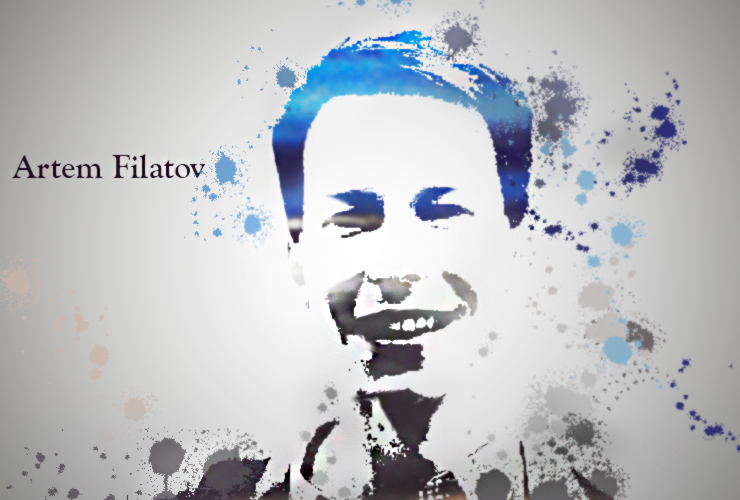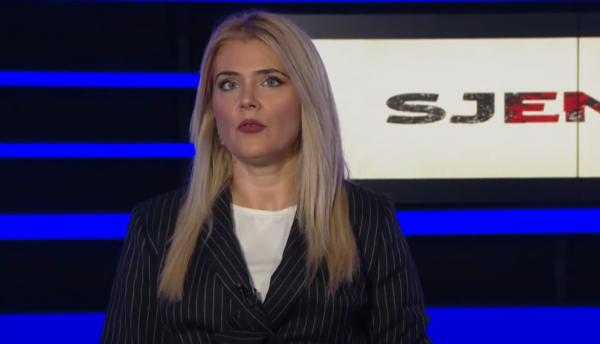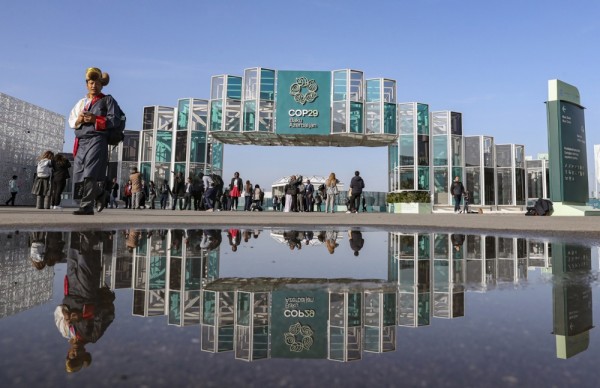Artem Filatov is a St. Petersburg-based political journalist for the independent radio station Echo of Moscow. His work includes the coverage of major protests and rallies in St. Petersburg as well as interviews with prominent figures. Filatov also works as a freelance correspondent for Scandinavian media.
IPI recently interviewed Filatov over the phone on Russia’s shrinking economic market for independent media – and why major corruption investigations don’t have the impact they should.
IPI: What do you see as the biggest threat facing journalism in today’s Russia, and particularly in St. Petersburg?
Artem Filatov: I think the biggest threat is a lack of independence in relation to economic problems. When such problems occur, media houses are forced to close or change their owner. The authorities are also contributing to this situation by restricting the media advertising market. Advertisements for alcohol and tobacco products, for example, are no longer allowed in the broadcast media. This is one of the reasons why media lose their advertisers, and hence lose money and become less independent players on the market.
Many journalists also struggle to find a job. In St. Petersburg, more than five big media outlets were closed over the past two years, meaning that the media market has become smaller – a lot smaller. Journalists have fewer opportunities to work and do what they want to do. They aren’t able to realise their potential.
IPI: At the panel in Helsinki, you commented that “journalism in Russia is not the fourth estate, it has limited power”. Which limitations stand out?
Filatov: We certainly have various limitations. I think the most difficult task is that if journalists work for the state media, or if the owner of their media outlet is closely connected to the state, they aren’t able to publish or broadcast what they want. They can’t cover major stories regarding protests. When covering the economy, they can’t mention the real situation. There are certain names and political figures that are on so called “stoplists”, meaning that they can’t be mentioned in the state TV channels, state print media and media that are otherwise affiliated with the state.
IPI: What are the limitations like for independent media?
Filatov: The limitation is connected with what you will get as a result of your story. Our radio covers a lot of very critical stories and issues. In St. Petersburg there is also the daily business newspaper Delovoy Peterburg. They cover a lot of corruption stories and carry out investigations.
IPI: What sort of impact do these investigations have?
Filatov: When journalists publish sensitive facts and reveal big corruption stories, the main thing is to get a reaction from the authorities. But in practice there will be no official reaction from the officials are responsible or from the prosecutor’s office. So many journalists feel that they work just for their audience. They feel that their stories don’t change anything, or change only very little.
IPI: Does the type of medium matter? As a radio journalist, do you feel that radio has a different impact than, say, printed newspapers?
Filatov: You know, it’s a very different audience. For example, our main audience listens to us over FM broadcasting in their cars or houses. And many of them are not young people, but rather over 45 or 50 years of age. On the other hand, Deloy Peterburg is mostly read by a business audience, either through delivery of the paper to their offices or online.
In general, people are reading fewer newspaper in Russia, and there is a problem with the distribution of newspapers at street kiosks. So many newspaper are going online as a result. We [at Echo of Moscow] also have an online broadcast, as well as blogs on our website. People read these and react to them.
IPI: You also mentioned in Helsinki that at one point in time Russian journalists were able to “influence reality”. Might the Russian press get that power back?
Filatov: It’s really difficult to predict, because in some cases, for example, a story on corruption might lead to the removal of corrupt officials from office. But that only happens if someone in power wants this person to be removed. It isn’t just simply the result of the media story and the public reaction to that story. Someone has to be interested in the situation. That is why we see that many investigations have no result or lead to no real consequences.
The most important thing we need to do, in my view, is provide audiences with a clear idea of what is happening in the country. Because there is a great amount of propaganda on state television and in other state media, people need to be able to see the real picture.
IPI: So what should Russian readers/viewers seek to get from independent media?
Filatov: They should seek answers to the questions: What are the consequences of the government’s decision? What can be changed? They need independent views, an unbiased picture and an unbiased agenda. That is the most important thing we can provide because it’s not something that the public gets from state media. And that is precisely what we try to do at Echo of Moscow. If you can, you reveal stories that people want to keep hidden. But even if you just provide this clear, balanced, unbiased picture for your audience, that is already a big success.



